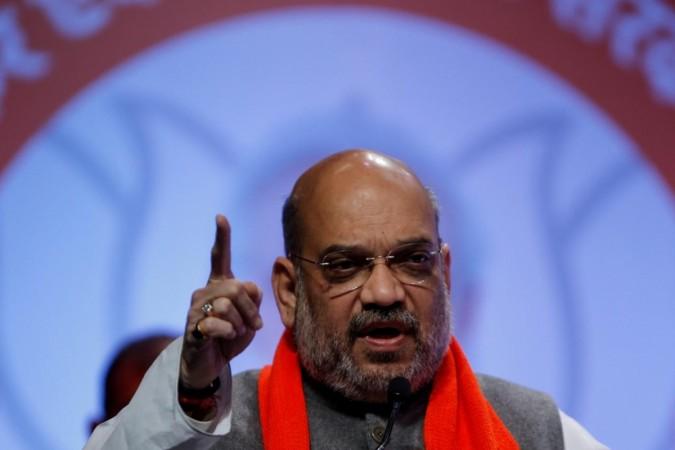
The Union Cabinet cleared the highly anticipated Citizenship (Amendment) Bill, 2019, in a key cabinet meeting on Wednesday, December 4. The bill seeks to provide Indian nationality to Hindus, Christians, Sikhs, Parsis, Jains and Buddhists fleeing persecution from Pakistan, Afghanistan and Bangladesh.
The Bill, which amends the Citizenship Act, 1955, to make illegal migrants in select categories eligible for citizenship, has been attacked by the opposition, minority outfits and others for leaving out Muslims. It has also been opposed on the ground that it is at odds with the Constitution, which does not differentiate between citizens on the basis of their faith.
Northeast organisations oppose bill
The Bill has sparked resentment in the northeast and there are indications that the government is working out a compromise intended to reassure states in the region over the implications of granting citizenship to a large number of Hindus who have come from Bangladesh over the decades.
The Bill has been opposed vehemently by opposition parties like Congress, Trinamool, DMK, Samajwadi Party, RJD, the Left and even regional parties like BJD have expressed reservations.
What is the Citizenship (Amendment) Bill?

The Citizenship (Amendment) Bill seeks to amend the Citizenship Act, 1955 to make Hindu, Sikh, Buddhist, Jain, Parsi, and Christian illegal migrants from Afghanistan, Bangladesh, and Pakistan, eligible for citizenship of India.
The Citizenship (Amendment) Bill aims at:
- Granting nationality to non-Muslim immigrants from neighbouring countries.
- The Citizenship Act, 1955, one of the requirements for citizenship was that the applicant must have resided in India in the last 12 months, as well as for 11 of the previous 14 years.
- Now the amendment relaxes the second requirement — from 11 years to six years.
The BJP-led NDA government had introduced the bill in its previous tenure but could not push it through due to vehement protests by opposition parties. The bill had lapsed following the dissolution of the last Lok Sabha. It will now have to be passed by both Houses in order to become a law. There has been strong opposition to the bill in Assam and other northeastern states.









!['Had denied Housefull franchise as they wanted me to wear a bikini': Tia Bajpai on turning down bold scripts [Exclusive]](https://data1.ibtimes.co.in/en/full/806605/had-denied-housefull-franchise-they-wanted-me-wear-bikini-tia-bajpai-turning-down-bold.png?w=220&h=138)



